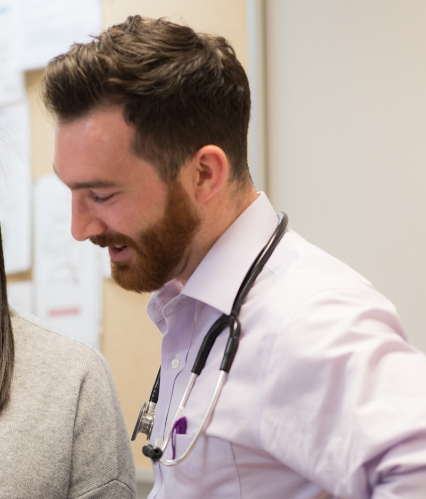Each month, The Rootwise Hub supports and celebrates a social change organization that is disrupting, making history right now, and paving the way for a more inclusive future.
This month, we recognize, SONG (Southerners on New Ground), a social justice, advocacy, and capacity building organization serving and supporting queer, lesbian, gay, bisexual, and transgender people in the southern United States through community organizing for economic and racial justice. SONG is a champion of inclusivity and intersectional movement work with a commitment to restoring a way of being that recognizes our collective humanity and dependence on Earth. The organization truly reflects value-driven, collective leadership empowering marginalized communities across the Southern states. And, their goal is liberation.
A trailblazing organization that is changing the landscape of the Southern United states with advocacy, compassion, and clear vision, SONG centers their leadership and organizing around “the shared interest of women, LGBTQIA people, people of color, and immigrants who chronically experience racism, economic injustice, transmisogyny, ableism, immigration, incarceration, and other intersecting oppressions”. Since 1993, SONG has been known for its organizing and training work across issues of race, class, gender, culture and sexuality with both LGBTQIA people and allies. SONG was born out of the understanding of the interconnectedness of oppressions and the need for multi-racial and inclusive organizing efforts. They’ve worked to develop sustainable advocacy and organizing strategies that are “strong enough to combat the Southern-specific strategy of the Right to divide and conquer Southern oppressed communities using the tools of rural isolation, Right-wing Christian infrastructure, racism, environmental degradation, and economic oppression.”
The COVID-19 pandemic has shifted the realities for us all. We have suffered grief, loss, and the devastating impact of a pandemic that doesn’t seem to have an end. SONG has adapted to the reality that COVID-19 has brought to their communities. They exemplify what it meant to be transformative leaders, embracing change and becoming even bolder in their demands for liberation. SONG has always been grounded in activism, based in community, supporting in relationships, and guided by the spirits, lives, and experiences of those who came before them. And through the pandemic, they have stayed close to these roots. They relied on each other and the importance of collective resistance and power building.
As a membership-based organization, SONG develops leaders united together in the struggle for dignity and justice for all people. SONG recognizes oppression is born of isolation and understands the importance of connection and a shared worldview in the pursuit of liberation. In addition to leadership development training and regular convenings, SONG also identifies and carries out community organizing projects and campaigns. Notably, for the past three years, SONG has been securing the release of mothers and caregivers across the South through their “Black Mama’s Bail Out” campaign. SONG’s efforts are helping to move the needle on a large national push and collaboration with other organizations to end bail, pretrial detention, and mass incarceration.
SONG is not just an organization that fights against white supremacist capitalistic ideologies embedded in our society, but they fight for the future that they want to see. They fight for the futures of our wildest dreams and the future that we deserve. As one of SONG’s core values shares, “Our work is about transformation to a just, fair and liberated society that meets the needs of its people. SONG chooses to organize around longing, desire, and hope before anger and fear. Sometimes we are angry and heart broken, but our work comes forth from a place of celebration and love for our communities.”
SONG’s community building and organizing work over the last year was led and championed by leaders, Aesha Rasheed and Wendi Moore-O’Neal. Relying on the lineage of great leadership, Aesha and Wendi opened themselves to being transformed by their movement work with the shared vision of “liberation in our lifetime”. They committed to cultivating a team and an organization that cares about the whole–the fullness of each person’s humanity. As freedom fighters and weavers of space, Aesha and Wendi strive to build strength, resiliency, and sustainability in SONG through connecting and empowering people who are “doing the work to make life better for us all”.
Despite the most challenging conditions, this landscape brought SONG’s activism to the forefront. People were hungry for their advocacy and leadership. Their membership doubled over the last year and has expanded to include new campaigns and chapters across the south. They responded to the need for increased skill in political work in political and grassroots organizing and capacity building across communities.
In their 2020 reflection Video, SONG reminds us that now is the time to choose team justice. Our fight is not done. Our fight is not over. We need organizers and passionate people for change. Now more than ever. To donate to SONG and become a member, visit their website at www.southernersonnewground.org.
A portion of profits from The Rootwise Hub go towards making a financial contribution to the organization we spotlight each month. We select the organization or movement that we support each month from nominations that members of our community make. To nominate a social change organization, click here.

